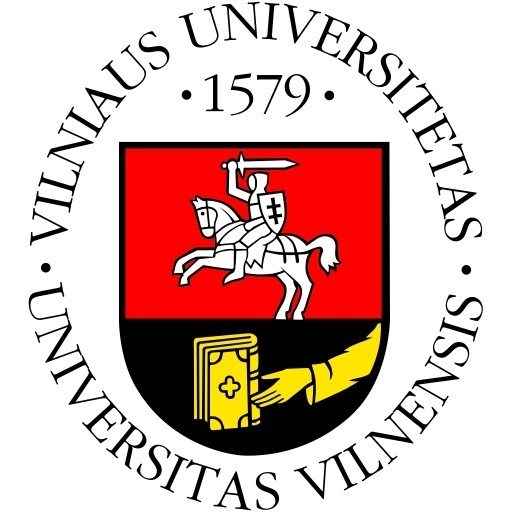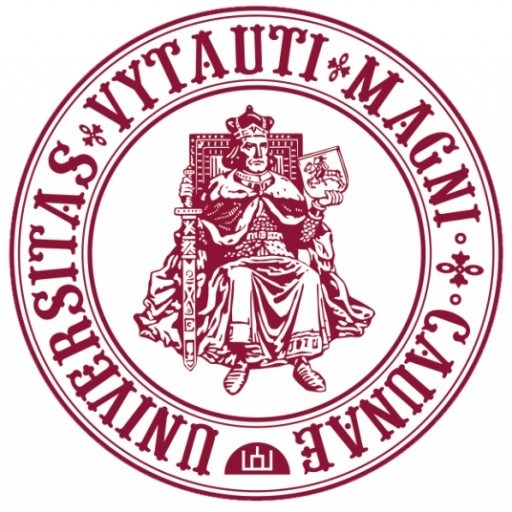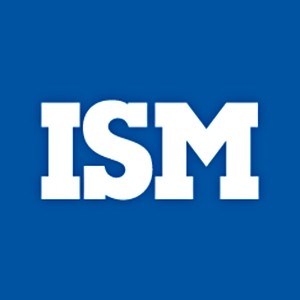Photos of university / #vilniusuniversity
The Biochemistry undergraduate program at Vilnius University offers an in-depth exploration of the chemical processes and substances that occur within living organisms. This interdisciplinary field combines principles from biology and chemistry to understand the molecular mechanisms underlying cellular functions, metabolism, genetic information processing, and the biochemical basis of health and disease. Throughout the course of study, students gain a comprehensive knowledge of molecular biology, organic and inorganic chemistry, genetics, and biophysics, equipping them with the skills needed to analyze complex biological systems at the molecular level. The program emphasizes practical laboratory work, enabling students to develop essential skills in modern analytical and biotechnological techniques, such as DNA sequencing, chromatography, spectroscopy, and enzyme analysis. In addition, students are encouraged to engage in research projects, internships, and collaborations with industry partners to apply their theoretical knowledge in real-world settings. The curriculum is designed to foster critical thinking, problem-solving, and experimental competencies, preparing graduates for diverse career paths in medical research, biotechnology, pharmaceuticals, environmental science, and academia. Vilnius University’s state-of-the-art laboratories, experienced faculty, and vibrant academic community provide an excellent environment for aspiring biochemists to thrive. Graduates of the program will possess a strong foundation for further postgraduate studies or professional roles in scientific research, healthcare, and innovative biotech companies, contributing to advancements in medical diagnostics, drug development, and biological research. With a focus on both theoretical understanding and practical application, the Biochemistry program at Vilnius University is geared towards cultivating highly skilled specialists who will advance knowledge in life sciences and address contemporary scientific challenges.
The Biochemistry undergraduate program at Vilnius University offers a comprehensive and in-depth education designed to equip students with a solid foundation in the chemical and biological sciences. Throughout the course of study, students will explore the fundamental principles of biochemistry, molecular biology, genetics, and cell biology, gaining skills that are essential for understanding the chemical processes occurring within living organisms. The curriculum combines theoretical knowledge with practical laboratory experience, allowing students to develop critical analytical skills, proficiency in experimental techniques, and the ability to interpret complex scientific data.
Students will explore various aspects of biochemistry, including enzymology, metabolic pathways, structural biology, and biotechnological applications. The program emphasizes the importance of research and innovation, encouraging students to engage in scientific projects and collaborate with experienced researchers. Courses are designed to promote logical thinking and problem-solving abilities, preparing graduates for careers in research institutes, biotechnology, pharmaceuticals, or further academic pursuits.
Vilnius University’s state-of-the-art laboratories and research facilities provide students with hands-on experience in modern techniques such as chromatography, spectrometry, genetic engineering, and molecular cloning. The program also highlights interdisciplinary approaches, integrating chemistry, biology, and informatics to address complex biological questions.
Throughout their studies, students are encouraged to participate in internships and international exchanges, enriching their academic journey with practical insights and global perspectives. The program aims to develop professionals who are capable of contributing innovative solutions to biomedical challenges, working ethically and responsibly in scientific environments. Upon graduation, students will be well-prepared for careers in scientific research, healthcare, applied sciences, and further specialization through postgraduate studies.
The Vilnius University Biochemistry program emphasizes a learner-centered approach, fostering curiosity, critical thinking, and lifelong learning. With a strong foundation in scientific principles and practical skills, graduates will be ready to meet the demands of a rapidly evolving biotechnological and biomedical landscape, making meaningful contributions to society and science.
- Applicants for Biochemistry master programme should have a Bachelor or equivalent degree in one of these fields: Biochemistry, Molecular Biology, Biotechnology, Bioengineering.
- English Language requirements: applicant has to present document providing the level not lower than B2 (following the common European Framework of Reference Languages (CEFR), or TOEFL score 75/IELTS score 6.
APPLICATION AND SELECTION REQUIREMENTS
The grade for admission (K) is calculated by the following formula:
K= 0,4V+0,3E + 0,3D
E = Motivation letter 0.3
V = Average of the grades of the following subjects or their close equivalents (in bachelor or equivalent degree diploma): Biochemistry, Bioorganic Chemistry, Organic Chemistry, General Chemistry, Analytical Chemistry, Physical Chemistry.
D = Grade of bachelor thesis in biochemistry or related sciences.
The Biochemistry undergraduate program at Vilnius University offers a variety of financing options to support students throughout their studies. Tuition fees for international students are set annually and are comparable to other programs within the Faculty of Medicine and Faculty of Chemistry and Geosciences. Lithuanian citizens and residents benefit from state-funded places, which cover the tuition costs entirely, subject to the eligibility criteria and competitive admission process. For students relying on self-financing, the fees are payable per semester and provide access to comprehensive educational resources, laboratories, and internship opportunities essential for a thorough understanding of biochemical principles and laboratory techniques.
Vilnius University also provides scholarship opportunities to support talented students and those with financial difficulties. These scholarships are awarded based on academic achievement, research potential, or financial need, and they can significantly reduce the financial burden for eligible students. Additionally, students enrolled in the program can apply for various grants for research projects, participation in international exchange programs, or participation in scientific conferences, which often include financial support for travel and accommodation. The university encourages internationalization and often collaborates with European and international funding bodies to facilitate student mobility, including Erasmus+ and other bilateral agreements, which provide stipends and coverage for living expenses during exchange periods.
Furthermore, the university supports students in finding part-time work opportunities both on and off-campus, in accordance with visa and work permit regulations, to supplement their income while studying. International students are also advised to explore external scholarship programs, government grants, and private funding options available in their home countries. The university’s career services provide guidance and resources on financing education and practical advice on managing study expenses effectively. Overall, Vilnius University’s diversified financing options aim to make quality higher education accessible to a broad range of students interested in pursuing Biochemistry, ensuring that financial constraints do not hinder academic and professional development in this scientific field.
INTERNATIONAL MOBILITY
Students can participate in ERASMUS+ mobility programme which gives an opportunity to study at VU’s Partner University or do internship abroad.



